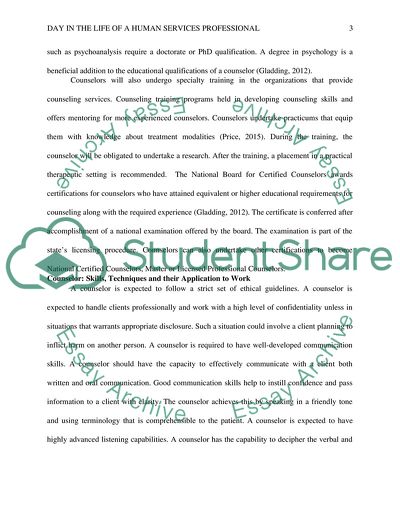Cite this document
(“Day in the ife of counselor, psychologist & social worker Essay”, n.d.)
Day in the ife of counselor, psychologist & social worker Essay. Retrieved from https://studentshare.org/miscellaneous/1699450-day-in-the-ife-of-counselor-psychologist-social-worker
Day in the ife of counselor, psychologist & social worker Essay. Retrieved from https://studentshare.org/miscellaneous/1699450-day-in-the-ife-of-counselor-psychologist-social-worker
(Day in the Ife of Counselor, Psychologist & Social Worker Essay)
Day in the Ife of Counselor, Psychologist & Social Worker Essay. https://studentshare.org/miscellaneous/1699450-day-in-the-ife-of-counselor-psychologist-social-worker.
Day in the Ife of Counselor, Psychologist & Social Worker Essay. https://studentshare.org/miscellaneous/1699450-day-in-the-ife-of-counselor-psychologist-social-worker.
“Day in the Ife of Counselor, Psychologist & Social Worker Essay”, n.d. https://studentshare.org/miscellaneous/1699450-day-in-the-ife-of-counselor-psychologist-social-worker.


